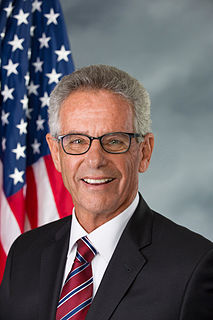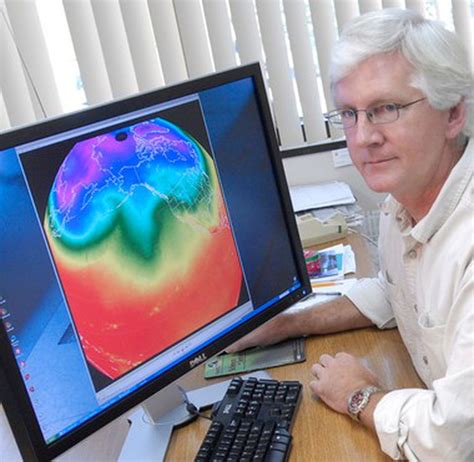A Quote by Alex Steffen
We don't need a War on Carbon. We need a new prosperity that can be shared by all while still respecting a multitude of real ecological limits - not just atmospheric gas concentrations, but topsoil depth, water supplies, toxic chemical concentrations, and the health of ecosystems, including the diversity of life they depend upon.
Related Quotes
The world beyond 450 ppm atmospheric concentrations of carbon dioxide, the world that crosses carbon cycle tipping points that quickly take us to 1000 ppm, is a world not merely of endless regional resource wars around the globe. It is a world with dozens of Darfurs. It is a world of a hundred Katrinas, of countless environmental refugees
In the words of Louis Brandeis, the Supreme Court justice, we have a choice between a democracy or vast concentrations of wealth. We have vast concentrations of wealth which has bought its way into our democracy with its political leaders who exemplify the merger of that economic and political elite.
Today we find ourselves faced with the imminent end of the era of cheap oil, the prospect (beyond the recent bubble) of steadily rising commodity prices, the degradation of forests, lakes and soils, conflicts over land use, water quality, fishing rights and the momentous challenge of stabilising concentrations of carbon in the global atmosphere.
No chemical compound in the atmosphere has a worse reputation than CO2, thanks to the single-minded demonization of this natural and essential atmospheric gas by advocates of government control and energy production. The incredible list of supposed horrors that increasing carbon dioxide will bring the world is pure belief disguised as science.






































